24/7 Helpline:
(866) 899-111424/7 Helpline:
(866) 899-1114
Learn more about Group Therapy centers in Twin Peaks
Group Therapy in Other Cities

Other Insurance Options

Carleon

Choice Care Network

MHNNet Behavioral Health

Optum

Lucent

Medical Mutual of Ohio

Aetna

Amerigroup

Absolute Total Care

Molina Healthcare

Kaiser Permanente

Providence

BHS | Behavioral Health Systems

Anthem

Private insurance

ComPsych

EmblemHealth

Evernorth

Self-pay options

Highmark





Serenity Lodge
Serenity Lodge, in Lake Arrowhead, California, is a luxury, 12 step-focused drug and alcohol rehab f...

MHS – San Bernardino Center for Change – PRIDE
MHS - San Bernardino Center for Change/PRIDE provides outpatient treatment for individuals who have ...

Yucca Valley Center for Change
Yucca Valley Center for Change offers an outpatient program dedicated to support and improvie lives ...

Family Services – Alcohol and Drug Counseling
Family Services – Alcohol and Drug Counseling is a private rehab located in San Bernardino, Californ...

Inland Behavioral and Health Services
Inland Behavioral and Health Services offers intensive outpatient and outpatient services for indivi...

MHS – Fontana Center for Change
MHS - Fontana Center for Change is the case management and treatment provider for Fontana Drug Court...

Matrix Institute on Addictions
Matrix Institute on Addictions - Sebastian Way offers outpatient and intensive outpatient treatment ...

Community Hospital – Behavioral Health
Community Hospital – Behavioral Health is a private rehab located in San Bernardino, California. Com...

Cedar House Life Change Center
Cedar House Life Change Center is a dual diagnosis drug and alcohol rehab center based in Bloomingto...

Pine Ridge Treatment Center
Pine Ridge Treatment Center - Crystal Creek Road offers inpatient and outpatient treatment for indiv...

Valley Star Crisis Residential Treatment
Valley Star Crisis Residential Treatment is a private rehab located in San Bernardino, California. V...

Veterans Alcoholic Rehab Program – Gibson House for Women
Veterans Alcoholic Rehab Program - Gibson House for Women offers inpatient treatment for women with ...

Mariposa Community Counseling
Mariposa Community Counseling, located in Ontario, California, is a part of the San Bernadino Behavi...

Colton Comprehensive Treatment Center
Colton Comprehensive Treatment Center is a drug and alcohol rehab located in Colton, California. The...

AEGIS Medical Systems – Ontario
AEGIS Medical Systems - Ontario is an outpatient rehab located in Ontario, CA. AEGIS Medical Systems...

The Victory Outreach Ranch
The Victory Outreach Ranch is a private rehab located in Helendale, CA. The Victory Outreach Ranch s...

Valley Star Community Services
Valley Star Community Services is a private rehab located in San Bernardino, California. Valley Star...

A New Beginning
A New Beginning is a private rehab located in Ontario, California. A New Beginning specializes in th...

Pine Ridge Treatment Center
Pine Ridge Treatment Center - Bonanza Road offers outpatient treatment for individuals with alcohol ...

San Bernardino County Behavioral Health – Mesa Counseling Center
San Bernardino County Behavioral Health - Mesa Counseling Center is a behavioral health treatment pr...

His House – 9th Street Treatment Center
At His House, they provide many levels of treatment from detox to sober living and ongoing continuin...

Loma Linda University – Behavioral Medicine Center
Loma Linda University - Behavioral Medicine Center offers inpatient and outpatient treatment for ind...

Uplift Family Services – Arrowhead
Uplift Family Services - Arrowhead is located in San Bernardino, California. Uplift Family Services ...

New Creation Addiction Treatment Center – Her House
Holding JCAHO Accreditation, New Creation Addiction Treatment Center offers residential services for...

Uplift Family Services – Hospitality
Uplift Family Services - Hospitality is located in San Bernardino, California. Uplift Family Service...

Her House – Encanto House Treatment Center
Her House–Encanto House Treatment Center, in Colton, California, is a 12 step-focused sober living f...

His House – Carlos Place Treatment Center
Carlos Place Treatment Center offers residential services for individuals with alcohol and/or substa...

His House – Merito House
His House - Merito House offers residential services for individuals with alcohol and/or substance a...

His House – Palm House Treatment Center
His House - Palm House Treatment Center provides rehabilitation for those men who are struggling wit...

Her House – Prado House Treatment Center
Her House - Prado House Treatment Center offers inpatient services for women with substance abuse an...

Her House – McCarty House Treatment Center
Her House - McCarty House Treatment Center is gender specific residential treatment for those women ...

Merito Addiction Treatment Center
Merito Addiction Treatment Center is a private rehab center located in Redlands, California. Merito ...

Aegis Treatment Centers
Aegis Treatment Centers is a private rehab located in Hesperia, California. Aegis Treatment Centers ...

CLARE | MATRIX Outpatient Treatment Center – Ontario
CLARE | MATRIX Outpatient Treatment Center – Ontario is a non-profit rehab located in Ontario, Calif...

Discovery Mood & Anxiety Program
Discovery Mood & Anxiety Program is a private rehab located in Chino Hills, California. Discovery Mo...

A Peace of Mind Sober Living – Men’s Home
A Peace of Mind Sober Living – Men’s Home is a private rehab located in San Bernardino, California. ...

MHS – Helping Hands
MHS - Helping Hands offers families the help and support they need to stay together as a family. MHS...

First Step Recovery Center
First Step Recovery Center offers outpatient and intensive outpatient services for individuals with ...

Inland Valley Recovery Services
Inland Valley Recovery Services offers outpatient treatment for individuals with alcohol and/or subs...

Chestnut Health Systems – Martin Luther King Drive
Chestnut Health Systems, in Bloomington, Illinois, is a comprehensive drug and alcohol rehab for ado...

Chestnut Health Systems
Chestnut Health Systems, in Bloomington, Illinois, is a comprehensive, 12 step focused drug and alco...

Countermeasures
Countermeasures is a counseling clinic that provides substance abuse treatment, drug abuse treatment...

Psychology Specialists
Psychology Specialists is a private rehab located in Bloomington, Illinois. Psychology Specialists s...

Indiana Center for Recovery
Located in Bloomington, Indiana, is the Indiana Center for Recovery. This private rehab specializes ...

Amethyst House – Men’s House
Amethyst House - Men's Residential Program provides transitional housing and supportive services for...

Centerstone – Hoosier House
Centerstone–Hoosier House, in Bloomington, Indiana, provides comprehensive mental and behavioral hea...

Centerstone of Indiana Inc Recovery Engagement Center
Centerstone of Indiana Inc. - Recovery Engagement Center (REC) is a community-based mental and behav...

Boca Recovery Center Bloomington
Boca Recovery Center Bloomington is set in beautiful Bloomington, Indiana. This luxury drug rehab ce...

Amethyst House – Women’s House
Situated in Bloomington, Indiana, Amethyst House – Women’s House is a drug and alcohol treatment cen...

Indiana Center Recovery
Indiana Center Recovery is a private rehab center located in Bloomington, Indiana. Indiana Center Re...

Groups
Groups is private healthcare company providing outpatient treatment for opiate addiction using weekl...

Regional Mental Health Center
Regional Mental Health Center is located in Highland, Indiana. Regional Mental Health Center has suc...

Centerstone of Indiana
Centerstone - South Rogers Street is a private rehab located in Bloomington, IN. Centerstone - South...

Chesapeake Counseling Services
Chesapeake Counseling Services is a private rehab located in Essex, Maryland. Chesapeake Counseling ...

MedMark Treatment Centers
MedMark Treatment Centers offers outpatient treatment for individuals with an opiate addiction. MedM...

Calvert County Behavioral Health Department
Calvert County Behavioral Health Department offers outpatient services for substance abuse and co-oc...

Progress Valley
Progress Valley, in Bloomington, Minnesota, is a comprehensive drug and alcohol rehab for adults spe...

Time to Change
Time to Change is a private rehab located in Bloomington, Minnesota. Time to Change specializes in t...

Catalyst Mental Health
Catalyst Mental Health is a private rehab located in Bloomington, Minnesota. Catalyst Mental Health ...

New Beginnings – Eagan
New Beginnings – Eagan is a private rehab located in Bloomington, Minnesota. New Beginnings – Eagan ...

HackensackUMC Mountainside Behavioral Health Services
HackensackUMC Mountainside Behavioral Health Services is a private rehab located in Montclair, New J...

COPE Center
COPE Center is a private rehab located in Montclair, New Jersey. COPE Center specializes in the trea...

Step One
Step One - 106 Vineyard Ave is a private rehab located in Highland, NY. Step One - 106 Vineyard Ave ...

Lifeways Recovery Center
The Lifeways Recovery Center is a full service rehab that treats those with substance abuse issues i...

Bryn Mawr Hospital – Behavioral Health
Bryn Mawr Hospital – Behavioral Health is a private rehab located in Bryn Mawr, Pennsylvania. Bryn M...

Kolmac Outpatient Recovery Centers
Kolmac Outpatient Recovery Centers is a private rehab located in Bryn Mawr, Pennsylvania. Kolmac Out...

Adolescent Young Adult Advocates
Adolescent Young Adult Advocates is a private rehab located in Bryn Mawr, Pennsylvania. Adolescent Y...








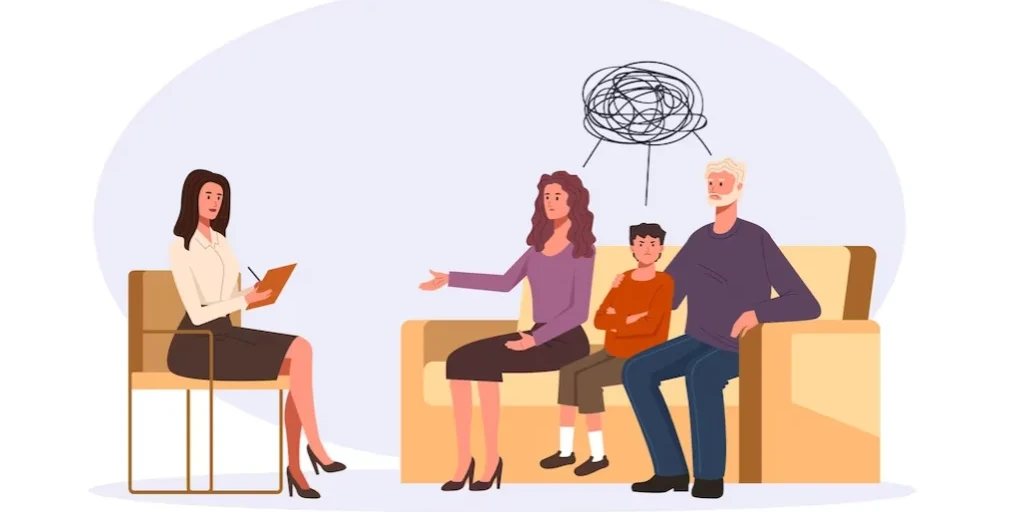









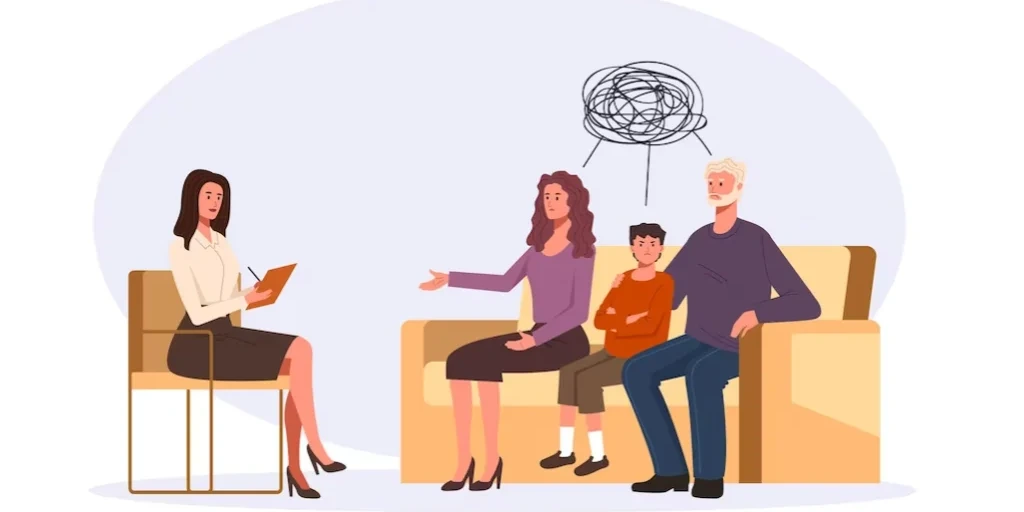



















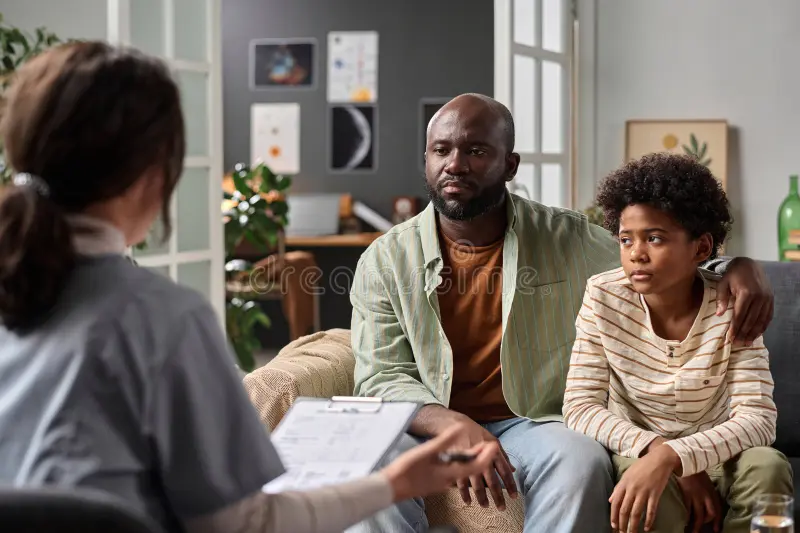


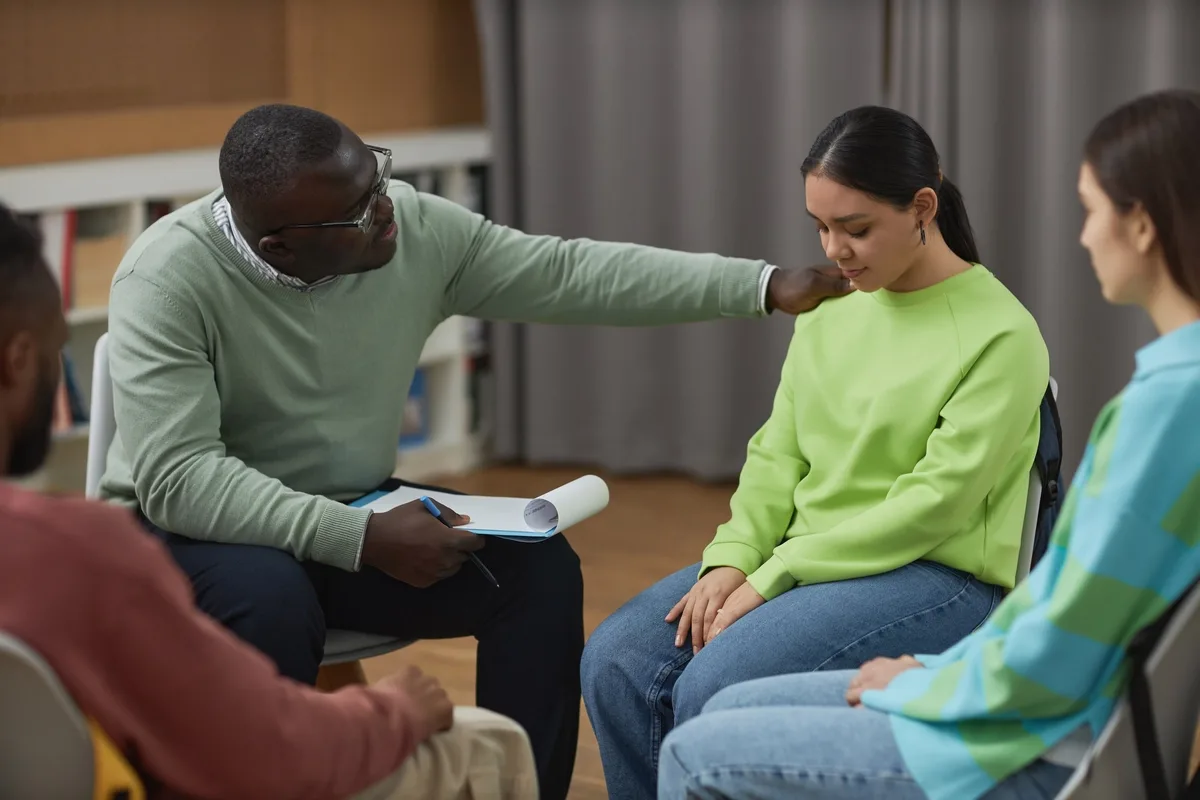






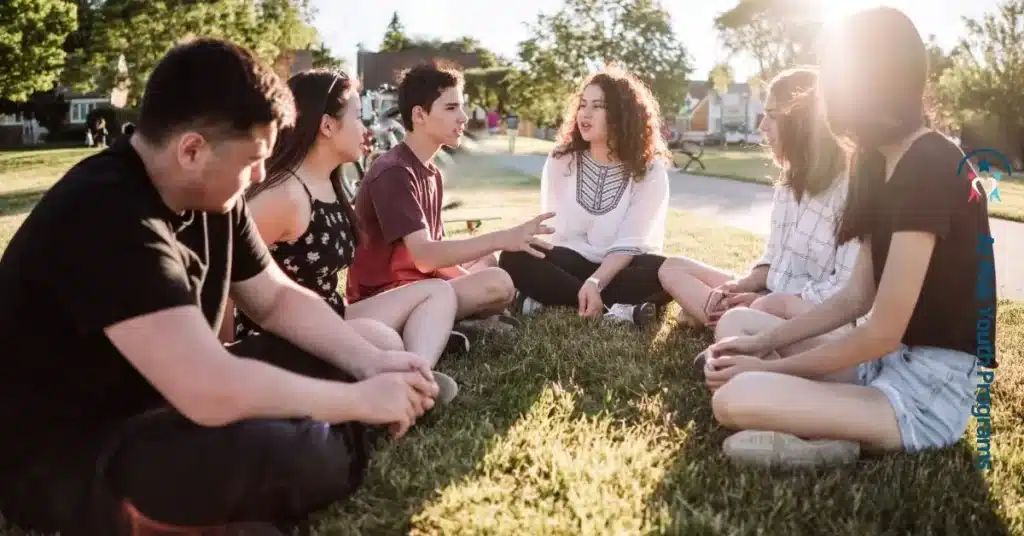





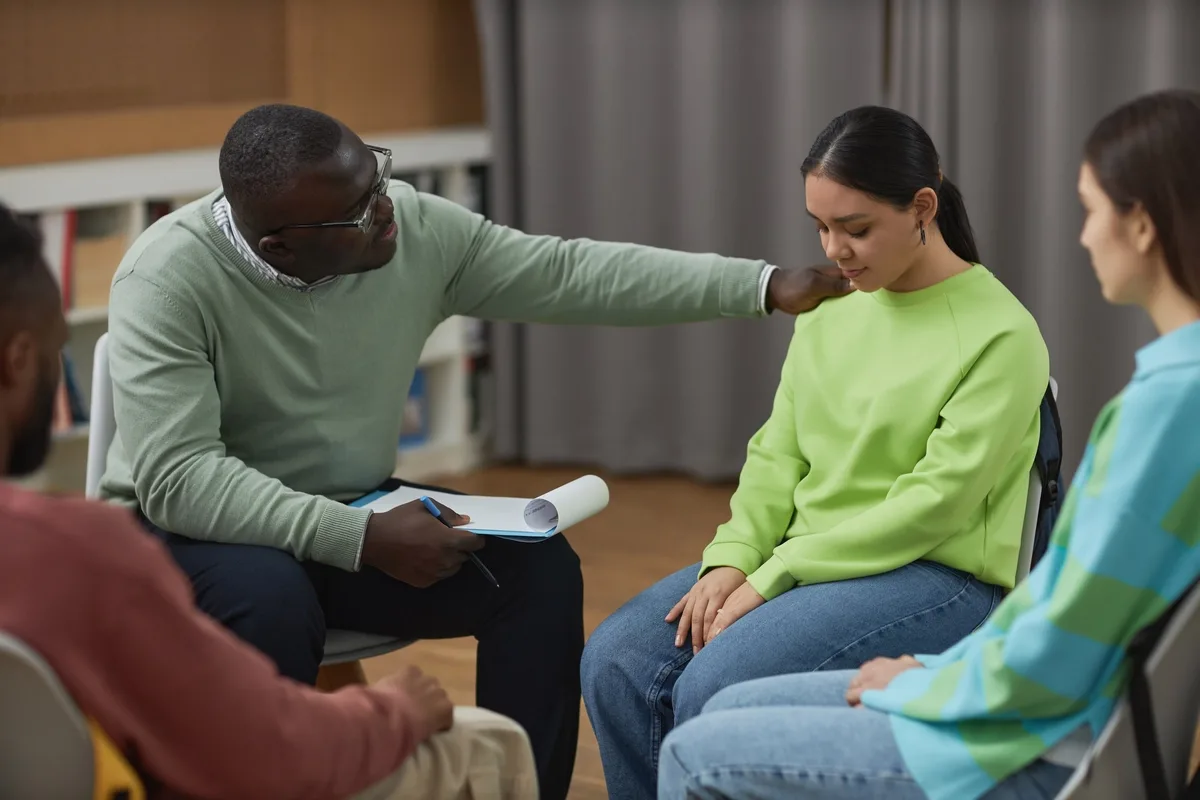







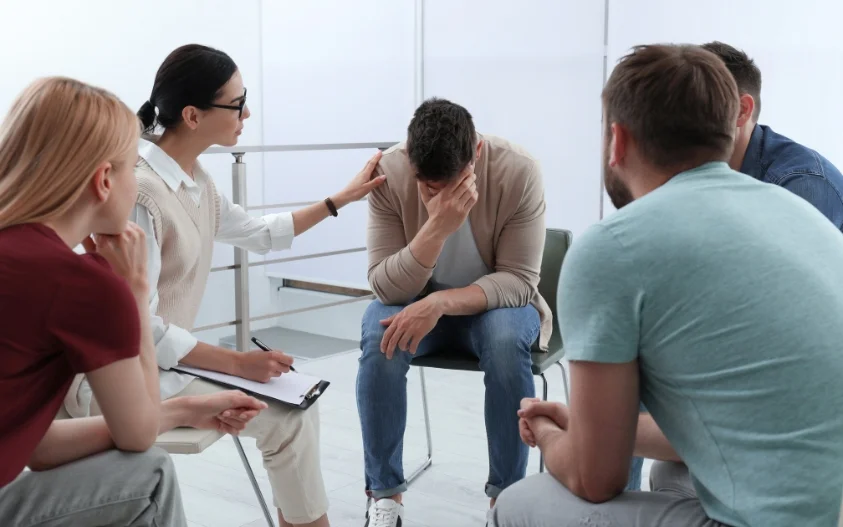



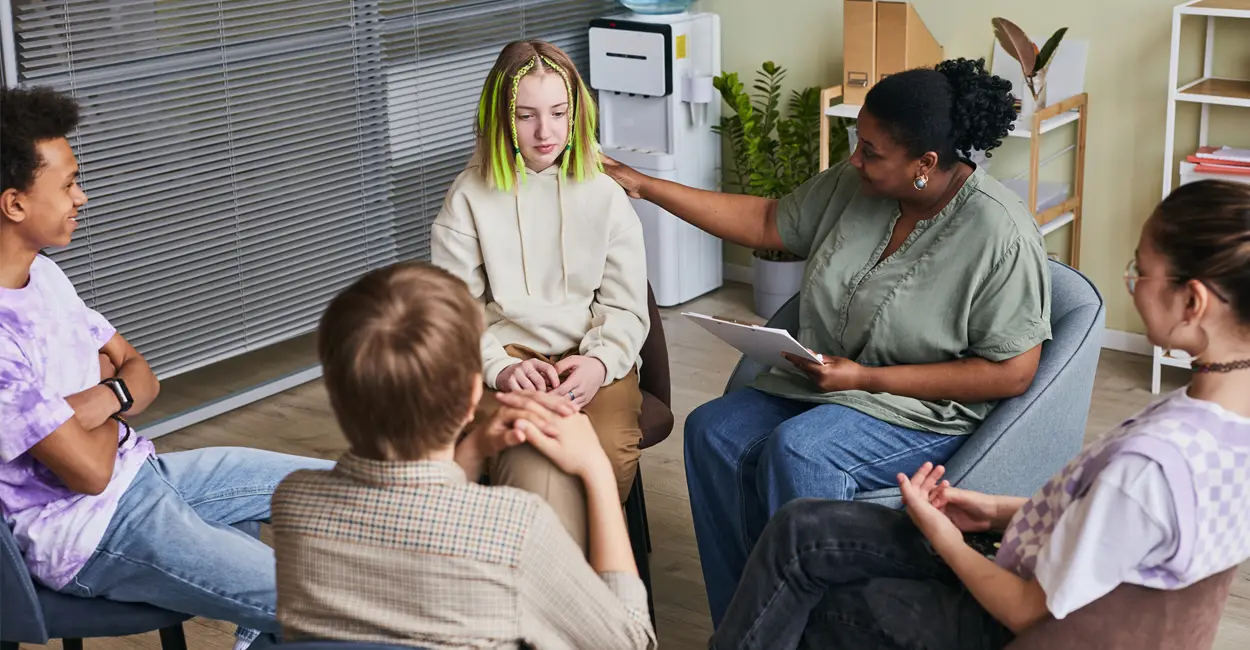




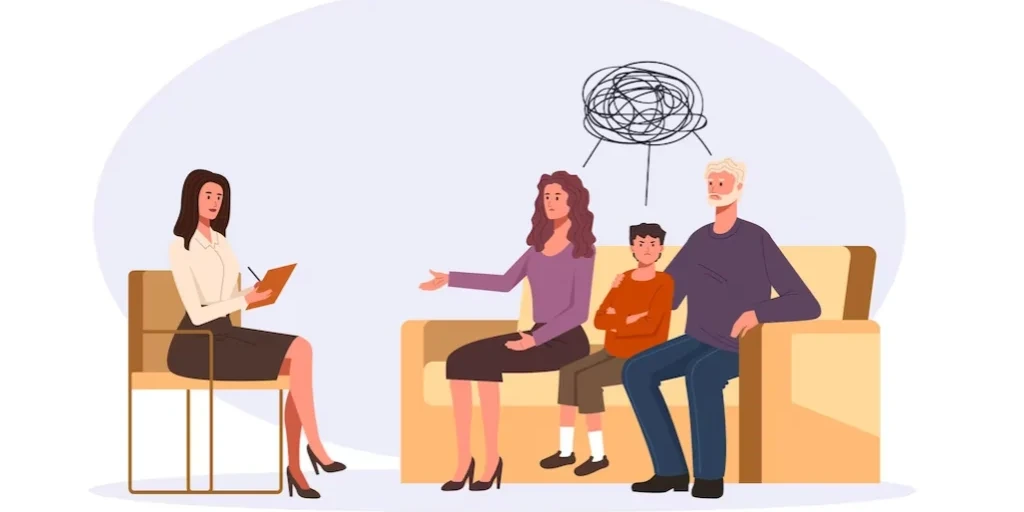













VARP – Veterans Alcohol Rehab Program – Rialto House
VARP – Veterans Alcohol Rehab Program – Rialto House is a non-profit rehab located in San Bernardino...

House of Hope Treatment Center
House of Hope Treatment Center is a private rehab located in Hesperia, California. House of Hope Tre...

Above It All Treatment Center
Above It All Treatment Center offers an inpatient treatment for individuals with mental health and/o...

Blue Jay Village Alano Club
Blue Jay Village Alano Club is a private rehab located in Blue Jay, CA. Blue Jay Village Alano Club ...

Inland Valley Drug and Alcohol Recovery
Inland Valley Drug and Alcohol Recovery offers inpatient and outpatient treatment for individuals wi...

Winners Circle Christian Sober
Winners Circle Christian Sober is a private rehab located in San Bernardino, California. Winners Cir...

MHS – Victor Valley Center for Change
MHS - Victor Valley Center for Change is the case management and treatment provider for Victor Valle...

A1 Suboxone Facility
A1 Suboxone Facility is a private rehab located in Fontana, California. A1 Suboxone Facility special...

Avery Centre
Avery Centre is a private rehab located in Chino Hills, California. Avery Centre specializes in the ...

Phoenix Community Counseling
Located in San Bernardino, California, Phoenix Community Counseling is a drug and alcohol rehab for ...

Casa de San Bernardino
Casa de San Bernardino is a private rehab located in San Bernardino, California. Casa de San Bernard...

Vista Counseling Center
Vista Counseling Center is a public rehab located in Fontana, California. Vista Counseling Center sp...

Inland Valley Recovery Services
Inland Valley Recovery Services, in Upland, California, is a 12 step-focused drug and alcohol rehab ...

New House – Women’s Program
New House – Women’s Program is a private rehab located in San Bernardino, California. New House – Wo...

Center for Community Counseling – Agape House
Center for Community Counseling – Agape House is a private rehab located in San Bernardino, Californ...

AA – Alcoholics Anonymous
AA – Alcoholics Anonymous is a non-profit rehab located in Victorville, California. AA – Alcoholics ...

MHS – Joshua Tree Center for Change
MHS - Joshua Tree Center for Change is the case management and treatment provider for the County of ...

MHS – Redlands Center for Change
MHS - Redlands Center for Change is the case management and treatment provider for Redlands Drug Cou...

STEPS Ultimate Solutions
STEPS Ultimate Solutions is a private rehab located in Apple Valley, California. STEPS Ultimate Solu...

Redlands Yucaipa Guidance and Recovery Center
Redlands Yucaipa Guidance and Recovery Center is a private rehab located in San Bernardino, Californ...

Victor Community Support Services – Mental Health
Victor Community Support Services–Mental Health provides comprehensive mental and behavioral health ...

AA – Alcoholics Anonymous
AA – Alcoholics Anonymous is a non-profit rehab located in Colton, California. AA – Alcoholics Anony...

Forward Sobriety
Forward Sobriety is a private rehab located in Rancho Cucamonga, California. Forward Sobriety specia...

Christian Alcohol Awareness – True Vines Men’s Home
Christian Alcohol Awareness – True Vines Men’s Home is a private rehab located in San Bernardino, Ca...

Revival Recovery Services
Revival Recovery Services is a private rehab located in Apple Valley, California. Revival Recovery S...

Victor Valley Behavioral Health
Victor Valley Behavioral Health is a public rehab located in Victorville, California. Victor Valley ...

Grupo Superacion de Alcolicos
Grupo Superacion de Alcolicos is a private rehab located in Montclair, California. Grupo Superacion ...

U – Turn For Christ
U – Turn For Christ is a private rehab located in Needles, California. U – Turn For Christ specializ...

Peoples Choice – Teen Alcohol and Substance Care
Peoples Choice – Teen Alcohol and Substance Care is a private rehab located in San Bernardino, Calif...

Pine Ridge Treatment Center
Pine Ridge Treatment Center - Commercenter East offers outpatient treatment for individuals with alc...

Abundant Care Ranch
Abundant Care Ranch is a private rehab located in Apple Valley, California. Abundant Care Ranch spec...

MHS – Big Bear Outpatient
MHS - Big Bear Outpatient serves as an outpatient alcohol/drug treatment and recovery facility for a...

Drug and Alternative Program
Drug and Alternative Program is a non-profit rehab located in Grand Terrace, CA. Drug and Alternativ...

La Mission
La Mission is a private rehab located in San Bernardino, California. La Mission specializes in the t...

AA – Alcoholics Anonymous
AA – Alcoholics Anonymous is a non-profit rehab located in Montclair, California. AA – Alcoholics An...

San Bernardino County Dept Behavioral Health – Barstow Counseling & Behavioral Health
San Bernardino County Dept Behavioral Health – Barstow Counseling & Behavioral Health is a public re...

AA – Alcoholics Anonymous
AA – Alcoholics Anonymous is a non-profit rehab located in Barstow, California. AA – Alcoholics Anon...

Veterans Alcoholic Rehab Program – Gibson House for Men
Veterans Alcoholic Rehab Program - Gibson House for Men recovering from alcohol and/or substance add...

AA – Alcoholics Anonymous – Central Office
AA – Alcoholics Anonymous – Central Office is a non-profit rehab located in Apple Valley, California...

Alcoholics Anonymous (AA) – Por fin Llegue
AA - Alcoholics Anonymous - Por fin Llegue is a non-profit suport group located in Fontana, CA. AA -...

Barstow Center for Change
Barstow Center for Change is a private rehab located in Barstow, California. Barstow Center for Chan...

New House – Men’s Program
New House – Men’s Program is a private rehab located in San Bernardino, California. New House – Men’...

AA – Alcoholicos Anonimos – Grupo 10 de Junio
AA – Alcoholicos Anonimos – Grupo 10 de Junio is a non-profit rehab located in Colton, California. A...

Peoples Choice – Absolute Freedom
Peoples Choice – Absolute Freedom is a private rehab located in Victorville, California. Peoples Cho...

Maple House – Women with Children Program
Maple House is a drug and alcohol addiction treatment center in Bloomington, California. Their Women...

AA – Alcoholics Anonymous
AA – Alcoholics Anonymous is a non-profit rehab located in Big Bear Lake, California. AA – Alcoholic...

High Desert Mental Health Center – Oasis Counseling Centers
High Desert Mental Health Center – Oasis Counseling Centers is a private rehab located in Victorvill...

Benchmark Transitions
Benchmark Transitions offers residential treatment, extended care and transitional living for young ...

Needles Counseling Center – Outpatient
Needles Counseling Center – Outpatient is a public rehab located in Needles, California. Needles Cou...

Above It All Treatment
Above It All Treatment Center offers inpatient treatment for individuals with alcohol and/or substan...

New Origins
New Origins offers intensive outpatient services for individuals with alcohol and/or substance addic...

Homes of Promise – Ontario House
Homes of Promise - Ontario House is a Christ-centered sober living home for men in recovery. They al...

New Creation
New Creation is a private rehab center for women located in Rancho Cucamonga, California. New Creati...

Let’s Talk Ministries – Chino Hills
Let’s Talk Ministries – Chino Hills is a public rehab located in Chino Hills, California. Let’s Talk...

Valenta Mental Health
Valenta Mental Health is a private rehab located in Rancho Cucamonga, California. Valenta Mental Hea...

Rockin’ Recovery Center
Rockin’ Recovery Center is a private rehab located in Yucca Valley, California. Rockin’ Recovery Cen...

Family Services – Alcohol and Drug Counseling
Family Services – Alcohol and Drug Counseling is a private rehab located in Crestline, California. F...

Above It All Treatment Center
Above It All offers intensive outpatient services for individuals with alcohol and/or substance addi...

MHS – Helping Hands
MHS - Helping Hands offers families the help and support they need to stay together as a family. MHS...

AA – Alcoholics Anonymous
AA – Alcoholics Anonymous is a drug and alcohol addiction recovery support group in Adelanto, Califo...

McLean County Center for Human Services
McLean County Center for Human Services (MCCHS) is a behavioral health treatment center in Bloomingt...

DUI Solutions and Treatment
DUI Solutions and Treatment is a private rehab located in Bloomington, Illinois. DUI Solutions and T...

Al Anon
Al Anon is a non-profit rehab located in Bloomington, Illinois. Al Anon specializes in the treatment...

Allied Counseling Resources
Allied Counseling Resources is a private rehab located in Bloomington, Illinois. Allied Counseling R...

Centerstone – Blair House
Centerstone Blair House is a drug and alcohol addiction rehab in Bloomington, IN. Through its compre...

Amethyst House
Amethyst House is a Bloomington, Indiana based not-for-profit United Way agency that provides outpat...

Veteran Health Indiana – Bloomington VA Mental Health Clinic
VA Bloomington Mental Health Outpatient Clinic is located in Bloomington, Indiana. VA Bloomington Me...

Miracle Place Church
Miracle Place Church is a private rehab located in Baker, Louisiana. Miracle Place Church specialize...

EPOCH Counseling Center East
EPOCH Counseling Center East is a private rehab located in Essex, Maryland. EPOCH Counseling Center ...

Alternatives to Dependency
Alternatives to Dependency provides substance abuse treatment in an outpatient manner for individual...

Baystate Behavioral Health
Baystate Behavioral Health provides outpatient mental health and addiction recovery services. Baysta...

Eastern Montana Mental Health
Eastern Montana Mental Health is a private rehab located in Baker, Montana. Eastern Montana Mental H...

Village
Village is a private rehab located in Bryn Mawr, Pennsylvania. Village specializes in the treatment ...

























































































































































































































































































































































































































































































































































































































































































































































